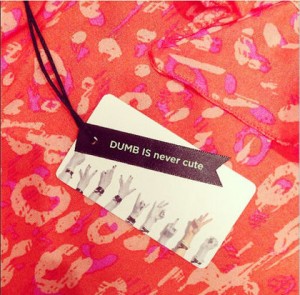 Zappos has stepped into the future of online shopping. They have united the friendly service from shopping in a store, with the convenience of shopping from home. Tony Hsieh, CEO of Zappos, has created a unique business atmosphere. Hsieh has set up a comfortable and friendly workplace environment. Unlike most CEO’s, Hsieh sits in a cubicle amongst the rest of the employees. The business also supplies free food, hosts numerous events, and offers medical benefits.
Zappos has stepped into the future of online shopping. They have united the friendly service from shopping in a store, with the convenience of shopping from home. Tony Hsieh, CEO of Zappos, has created a unique business atmosphere. Hsieh has set up a comfortable and friendly workplace environment. Unlike most CEO’s, Hsieh sits in a cubicle amongst the rest of the employees. The business also supplies free food, hosts numerous events, and offers medical benefits.
This is extremely beneficial, as people will enjoy coming to work. Happier workers equate to happier clients! If employees appreciate their job they are less likely to leave. Therefore there will be a smaller turnover rate, decreasing the costs for the company.
Many avoid online shopping, as the after-sales services are usually poor. Helplines tend to create frustration and anger. Zappos main value proposition is their strong sense of customer service. Employees are obliged to participate in a 3-week customer service training program prior to starting work. Contrary to most help desks, Zappos employees remain on the phone for as long as the client wishes. Zappos has adopted effective business ethics, opening the door to a new way of running online businesses.
Resources:










